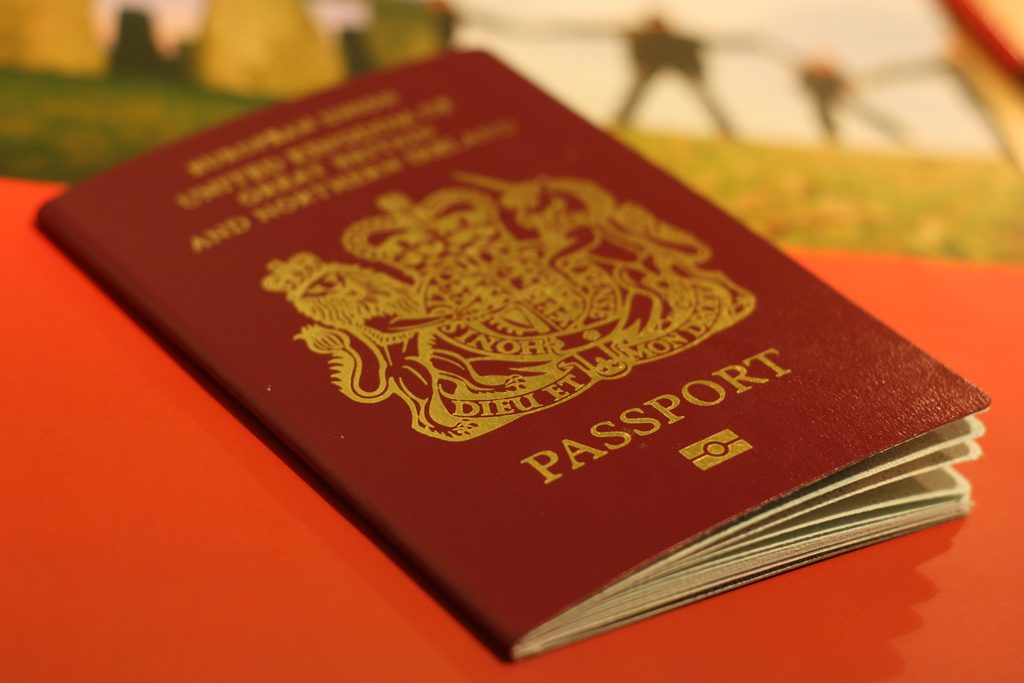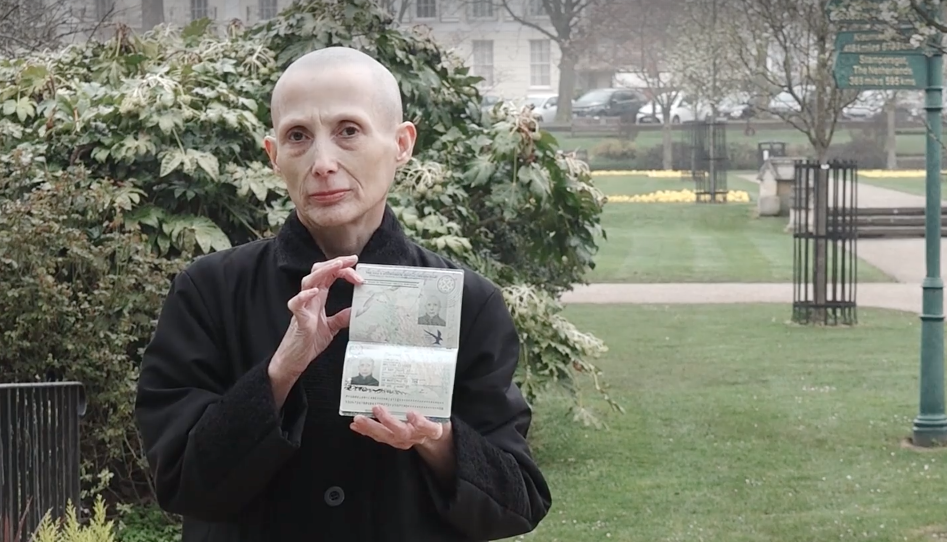The Court of Appeal heard this week that the government’s passport rules, which force non-gendered people to apply as either male or female, are a human rights breach.
The case was brought by activist Christie Elan-Cane, who has campaigned on the issue for more than 25 years, and believes the rules are “inherently discriminatory”. How could what is written on our passports affect our rights? Emily Kent examines.
How The Case Began
Christie Elan-Cane, who is non-gendered, was born female and began transitioning after surgery. Upon applying for a passport in 2010, the 62-year-old found that the process required them to identify as male or female.
They launched a legal challenge, arguing that people should have the option to register as either “X”, male or female as their gender on passports. Their challenge failed at the High Court last year but reached the Court of Appeal this week.
What About Human Rights?
Elan-Cane argues that the current rules breach the right to private and family life and the right not to be discriminated against on the basis of gender or sex. These are both guaranteed under the European Convention on Human Rights which the United Kingdom incorporated into British law in the Human Rights Act 1998.
“There is little which is more fundamental and deeply personal than an individual’s gender identity,” Elan-Cane’s lawyer Kate Gallafent told the court on Tuesday.
She added that current policy means those affected “face a choice between the degrading experience of applying for, bearing and using a passport that does not accurately reflect their gender identity, or forgoing the use of a passport at all”.
How Have The Current Passport Rules Affected People?

Image Credit: Flickr
Current passport rules in the UK require people to register their gender as either male or female. This precludes those who are transgender, do not identify as exclusively male or female or are intersex from obtaining a passport which reflects their gender identity.
Transgender blogger Mia Violet spoke in support of Elan-Christie’s case two years ago. She said reform would be a sign of “respect” and argued that everyone deserves to be recognised. This is particularly important to transgender people as they are often overlooked, she added.
Prior to the hearing, Elan-Cane told the Guardian: “Legitimate identity is a fundamental human right but non-gendered people are treated as though we have no rights. It is unacceptable that someone who defines as neither male nor female is forced to declare an inappropriate gender in order to obtain a passport.”
Do Gender-Neutral Passports Exist Elsewhere?
Gender-neutral passports are not unheard of. Many countries now provide passports offering the options of male, female or “X” – the latter indicating that gender is unspecified. This allows those who identify in ways other than solely male or female to feel their gender identity has been respected.
A gender-neutral option was introduced on a range of official documents in Canada in June 2019, including passports, travel documents, citizenship documents and permanent resident cards.
Australia, Canada, Denmark, Germany, Malta, New Zealand, Pakistan, India, Ireland and Nepal also offer a third category of gender identity on their passports.
What Does The Government Say?
The Home Office, represented by barrister James Eadie, argued that the current passport system is “administratively consistent” and ensures security at national borders. It was said that the cost of issuing gender-neutral passports would be “disproportionate burden” as few people would benefit from a change in policy.
This was contested by Gallafent, however, who told the court that around one percent of the population (around 630,000 people) do not identify as male or female.
UN statistics show that up to 1.7percent of the global population are born intersex – meaning they have sex characteristics that do not typically fit the binary notions of male and female. This similar to the number of people born with red hair.
The Court of Appeal has reserved its judgment.







